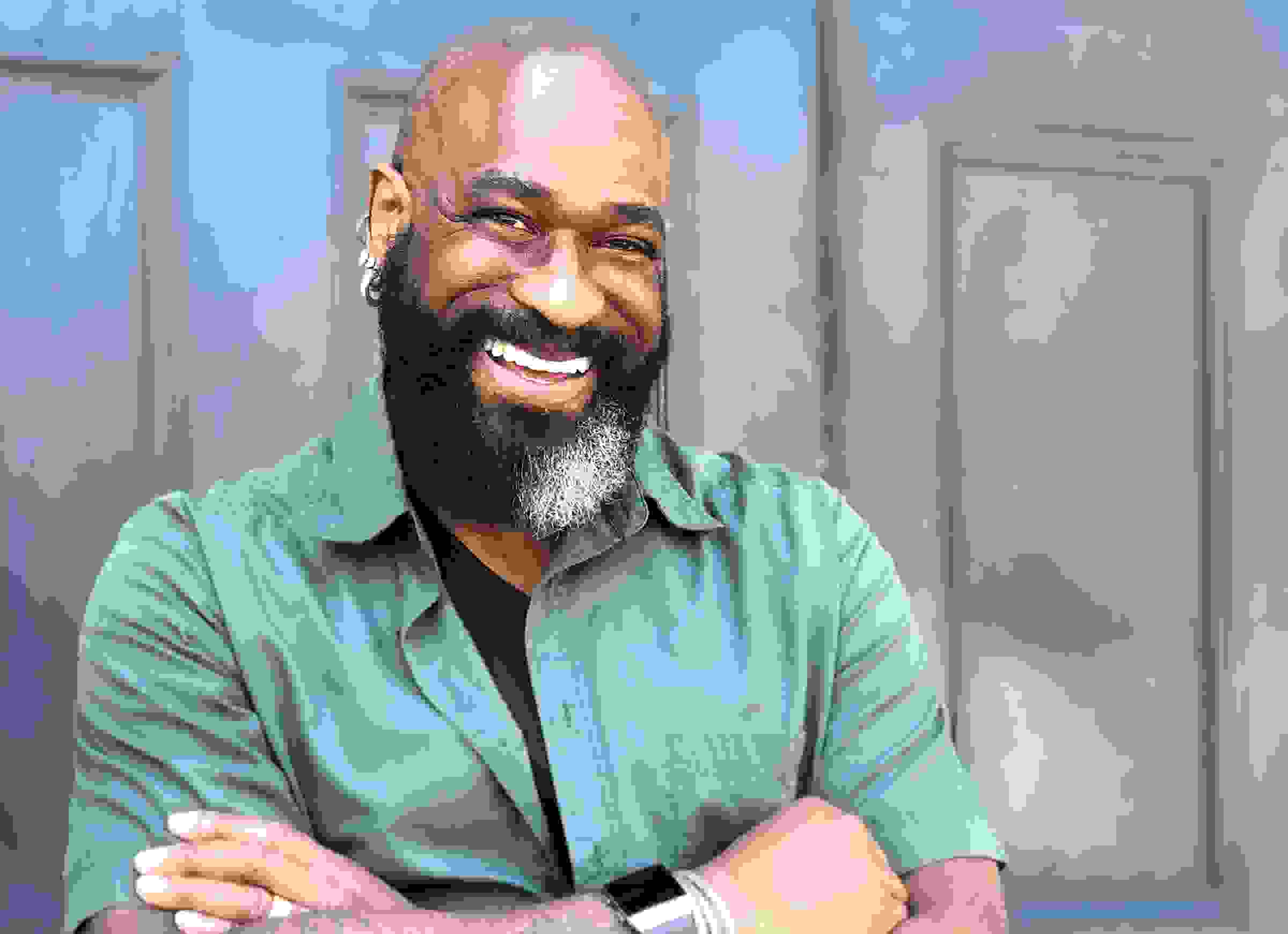Focus on the Future: Education and Civic Action

Cayenne Harris
Vice President of Education and Community Engagement, University Musical Society, Former Vice President of Lyric Unlimited, Lyric Opera of Chicago
The progress of education and civic action in opera depends on whether companies seek to evolve along with the communities they’re serving. It also depends on our ability as a field to view this work as being critical to our mission — alongside and on par with performances of the highest quality. We’ve made some strides, but we’re still in a place where civic action feels like an afterthought, valued more for its ability to bring in contributed revenue than for its ability to keep us attuned to, in sync with and meaningfully integrated into the broader community.
We can’t assume the respect and value of the people in the cities we serve; we have to earn it. We have to matter both to people in our audience and to people who aren’t in our audience. For example, I may not go to the public library every week (as much as I would like to!), but I believe libraries are essential resources to our communities. In the same way, as much as we want more people to come and be part of our audience, we should also want non-attendees to see opera as a civic resource. In order to survive, we need more people to care about opera and opera companies. The traditional stakeholders in our field — board members, donors, subscribers — understand evangelizing for opera, but by and large, they’re more challenged by the idea that when you’re building relationships with people who aren’t a part of our audience, the focus needs to be on their needs and interests first.
I believe that our work in education, community engagement and civic action can be a crucible for artistic development and evolution. I would hope that in 25 years, we’ll be seeing a more dynamic interaction between communities and companies, allowing creative ideas and new voices to flow into our field, and influencing in big and small ways the trajectory of what we’re putting on stage.
I’m encouraged that we’re having dialogues about these issues, but realistically we’re probably at the beginning of the journey. Civic practice has become more prominent, but perhaps as time goes on, it will become so seamlessly integrated into the field’s operations that separate terminology will no longer be needed to describe it.

Charles Chip Mc Neal
Director of Diversity, Equity and Community, San Francisco Opera
Education, community engagement and civic action might have emerged as distinct areas of activity, but they’re blurring into each other, and that’s going to continue. There’s an intrinsic relationship between those areas. In order to create systemic change, you’ve got to hit it from multiple angles.
Collaboration will become increasingly important. We’re seeing many more dialogues between opera companies than in the past. Even more, we’re looking beyond the usual suspects for collaboration. We’re collaborating across art forms and across sectors, into community organizations, businesses and government entities. Funders are truly recognizing this and supporting collaborations between seemingly disparate partners.
Developing the audience of the future is not going to happen through marketing alone. It is not going to happen by coming up with the right pitch, the right catchphrase or the right discount. It really is centered on the art we’re producing. What are we putting on that really matters to people? Once we bring them into the theater, how are we welcoming them? How are we creating a sense of belonging?
Nobody’s an expert on this. I’ve been in the field for three decades, and I’m still not an expert. We’re on a huge learning curve. We’re going to have some stumbles, some failures, and we have to have some tolerance for that. A misstep doesn’t mean the end of equity, diversity and inclusion. What it means is: let’s recalibrate; let’s rethink; let’s re-approach this work. As we think about racial and cultural equity, we have to admit it’s hard and it’s scary. Our ability to hold that discomfort will be a key to success.
This article was published in the Spring 2020 issue of Opera America Magazine.





